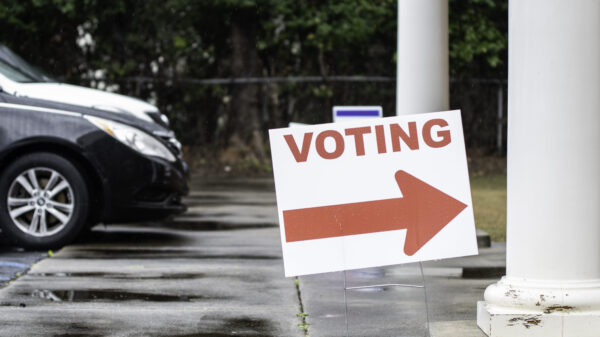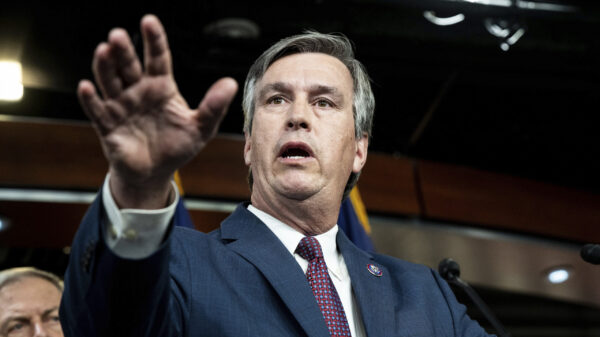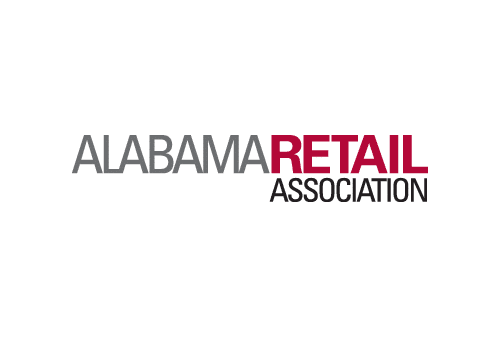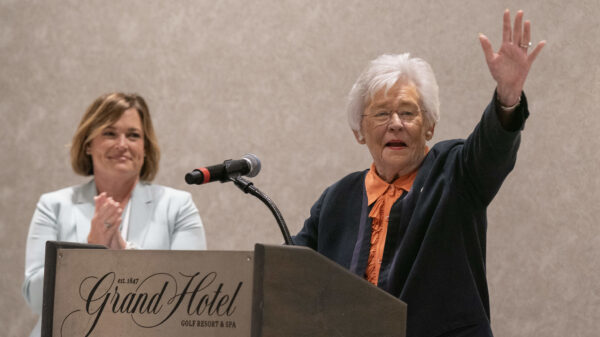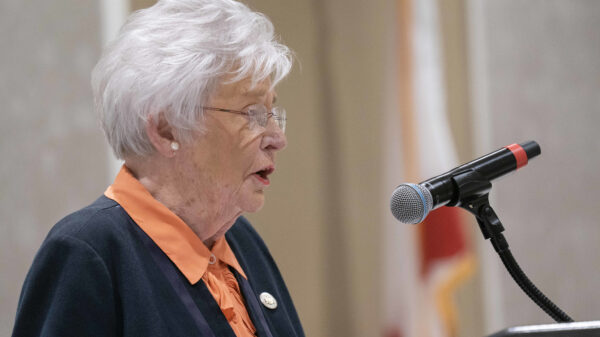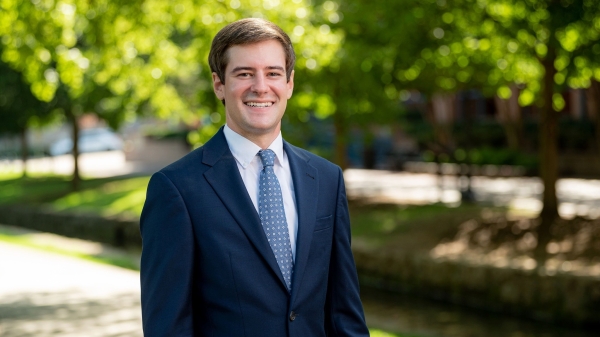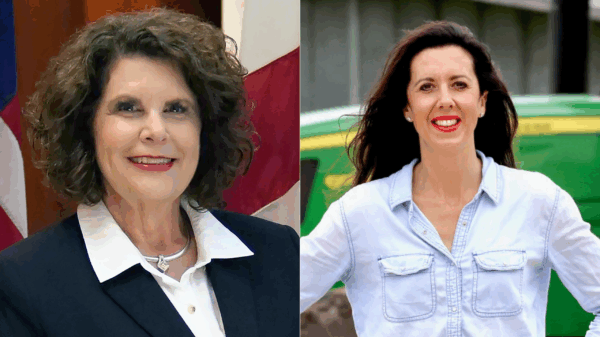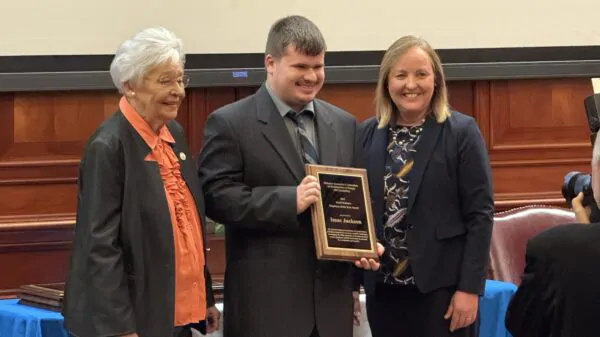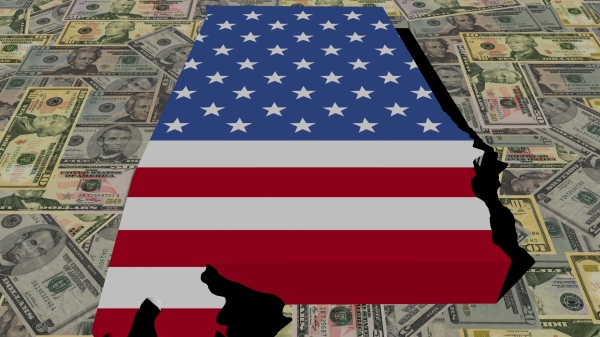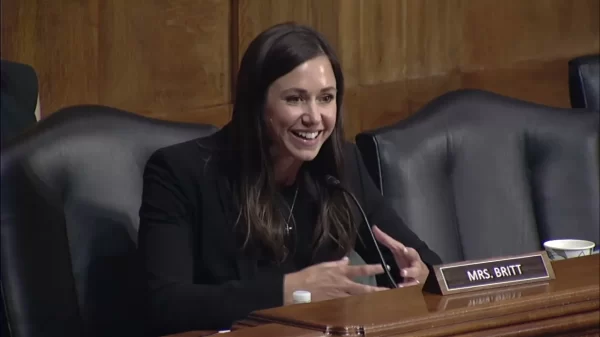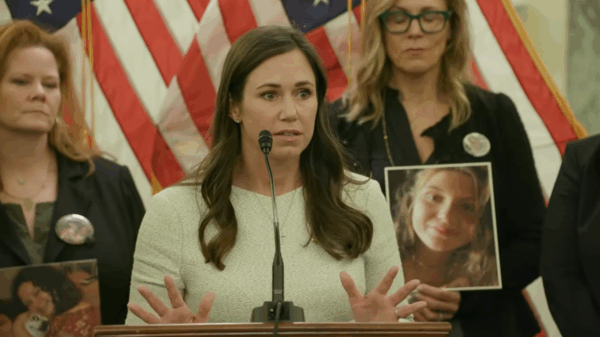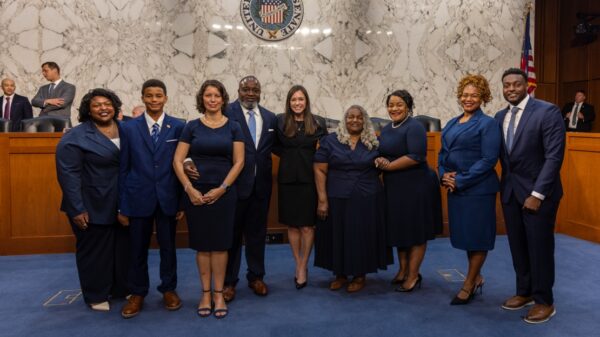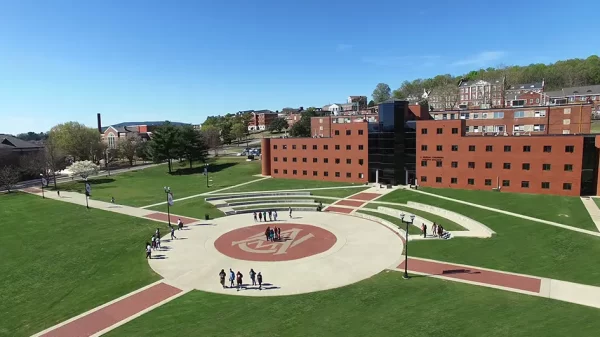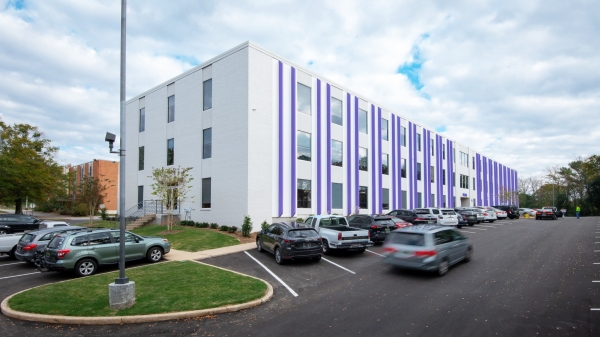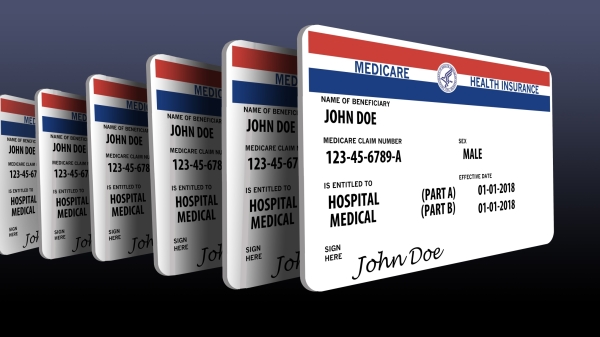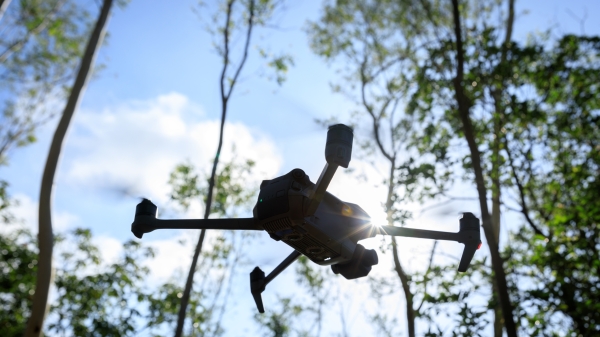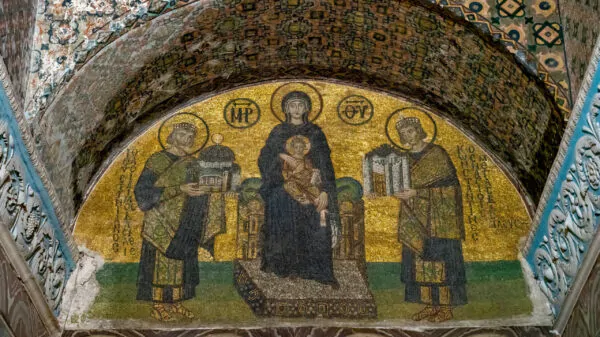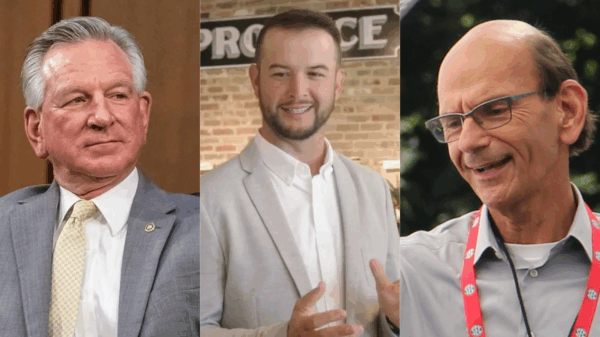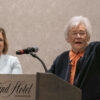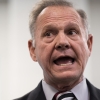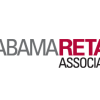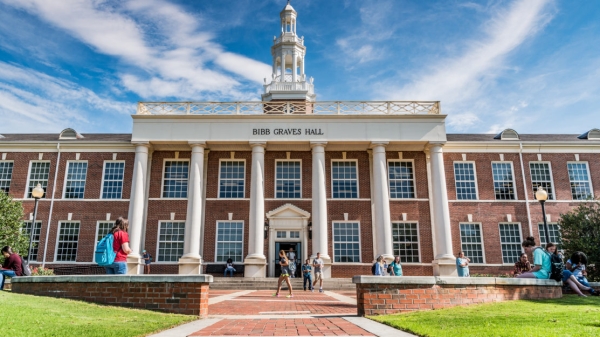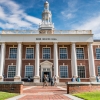Education Matters
By Larry Lee
Even an amateur swami with a cloudy crystal ball could have told us how the recent vote to approve charter schools in Alabama would play out. In fact, he didn’t even have to look at his ball, they could have looked at 2014 campaign financial disclosures instead.
There they would have found a trail of contributions of thousands and thousands of dollars from charter supporters to friendly legislators.
This bill passed the Senate 22-12 the first time it was voted on. One senator did not vote, eight Democrats voted against it, as did the one Independent and three Republicans. All yes votes were Republican.
The “Big Three” donors supporting charters last year were Bob Riley’s Alabama 2014 PAC, the Business Council of Alabama’s Progress PAC (run by Billy Canary) and Speaker Mike Hubbard’s Storm PAC. (These three have also been strong supporters of the Alabama Accountability Act.)
Together, they spent $5.1 million dollars in 2014 in hopes of having friendly politicians in place. Obviously their plan worked well. This money came from an assortment of sources. While BCA depends on their Alabama members for support, the Riley and Hubbard PACs cast a wider net and got checks from across the country. Companies such a Pfizer, General Electric, Anheuser Busch, Cemex and International Paper donated. As did pay day lenders and charter supporters like StudentsFirst and K12.
And while BCA did contribute $37,500 to 11 incumbent Democrats (10 of them House members), Riley and Hubbard only supported Republicans.
Let’s take a closer look at how the pot was split in the Senate.
None of the eight Democrats or the lone Independent who voted against charters got a penny from Riley, Hubbard or BCA. The Republican who did not vote got $1,000 and the three Republicans who voted “nay” got a total of $77,000, mostly from BCA..
Of the 22 Republican “yea” votes, one who few thought would win, got nothing. Of the remaining 21, six had either no opposition or token opposition. They only received $8,000 total. The remaining 15 got $987,815 in all, an average of $65,854 each. However, some were more equal than others as five got more than $100,000 each.
In addition to contributions from the “Big Three,” StudentsFirst, a Sacremento, CA group with 10 lobbyists in Alabama, spent $61,958. And the Alabama Federation for Children, which was solely supported by checks from millionaires in California, Michigan and Arkansas spent $101,748. Evidently “Alabama values” include California millionaires.
In all, the 15 senators who had substantial challenges got $1,142,522 from the charter supporters just mentioned for an average of $76,168.
Of course, every legislator says they are representing “the home folks.” But when you see who is paying the bills to get them elected, you have to wonder who they are really listening to.
Editor’s note: In looking at hundreds of pages of financial reports, the most interesting thing I came across were two letters. One from July 11, 2014 from the treasurer of the Riley PAC to candidate Clyde Chambliss of Prattville and a follow up of July 30, 2014 from Chambliss to the PAC.
The first informed the candidate that he should disclose $8,500 for polling and $35,916.79 for mail pieces. The reply from Chambliss explained that he had no knowledge what the Riley group was doing and had not asked for their help. He also stated that he did not appreciate the nature of the mail pieces since they were attacks on his opponent, were contrary to his promise to run a positive campaign and were costing him support.
Republican Chambliss won the seat and did not vote for the charter bill when it first came to the Senate floor.
Larry Lee led the study, Lessons Learned from Rural Schools, and is a long-time advocate for public education. [email protected] read his blog: www.larryeducation.com

